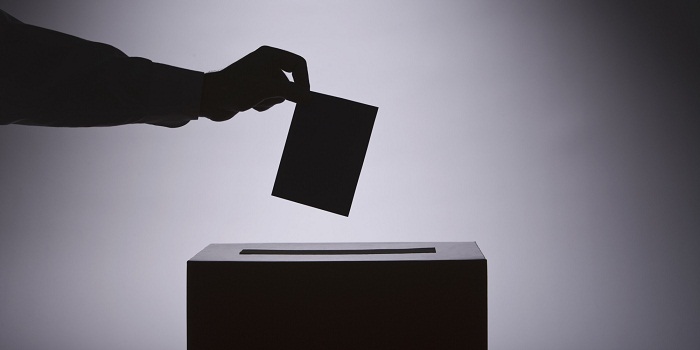Central African Republic postpones key elections for three days

The postponement "is to allow for more successful organization and ensure these elections are more transparent, credible and democratic", Kamoun told Reuters.
Ballots for the presidential and legislative elections, printed abroad, only arrived in the capital Bangui in the last few days and have yet to be distributed to polling stations across a nation with few roads.
Kamoun said an Oct. 13 constitutional referendum had also exposed shortcomings in the training of election workers.
"Most of the poll workers didn`t have the level required," he said. "It`s absolutely necessary to organize training and find the people we need, especially as the stakes of these next polls are higher than in the referendum."
Elections in the former French colony, where U.N. peacekeepers and French soldiers are struggling to maintain security, have already been repeatedly delayed.
Central African authorities are under heavy international pressure to move ahead with polls to replace the current transitional administration, the second such interim government since President Francois Bozize was toppled in March 2013.
"I would not characterize it as a setback," said U.N. spokesman Stephane Dujarric. "I think obviously given the very delicate security situation around the country it`s important the elections take place in the best possible way."
A U.N. source, who asked not to be named, said foreign diplomats had proposed a one-week postponement of the polls during meetings with Central African authorities.
Around one in five Central Africans has fled violence in the country, which is rich in diamonds, uranium and gold. About half have left the country altogether.
The fighting between rival militias degenerated into a conflict between Christians and Muslims that has led to de facto partition of the country.














































